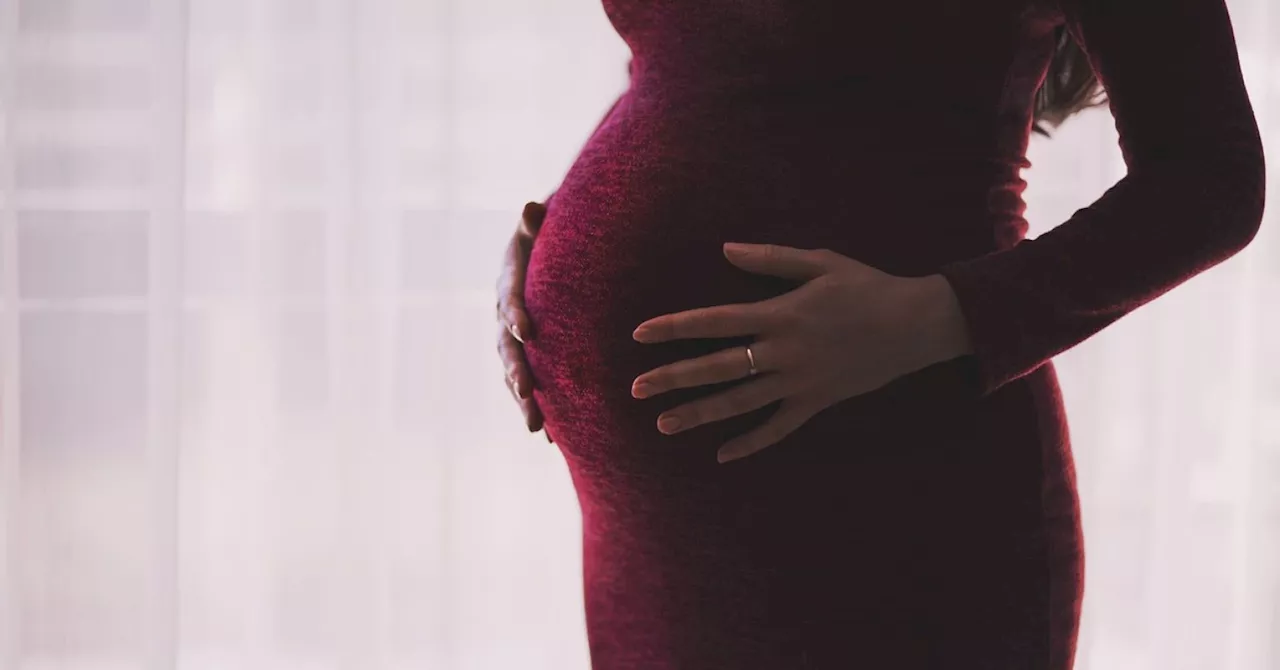A recent study highlights the effectiveness of cognitive behavioral therapy (CBT) in preventing postpartum depression and anxiety, emphasizing the importance of proactive mental health care during pregnancy.
Postpartum depression affects 10 to 20 percent of women after childbirth. Recent data from 2010 to 2020 reveals a troubling increase in its prevalence, particularly among marginalized populations. This serious condition can manifest as persistent sadness, crying, feelings of hopelessness and worthlessness, difficulty bonding with the baby, and thoughts of harming oneself or the baby. It often negatively impacts a child’s development as well.
Women experiencing postpartum depression and anxiety often face challenges in seeking support or treatment due to feelings of guilt and shame. Sometimes their concerns are not taken seriously, or they experience barriers to accessing appropriate treatment. Most research has focused on forms of treatment for postpartum depression. For example, a study published in 2024 by Pamela Surkan and colleagues at Johns Hopkins University found that anxiety-focused cognitive behavioral therapy (CBT) is an effective method to reduce the likelihood of mothers developing anxiety disorders and postpartum depression. Pregnant women with mild symptoms of anxiety and without clinical depression were recruited for the study. These participants were chosen because pre-birth anxiety often predicts anxiety, depression, and suicide risk after giving birth. The pregnant women were then divided into two groups: One would receive six sessions of preventive CBT, while the other would receive pre-birth care as usual. Women who received the preventive CBT had an 81 percent and 74 percent reduction in the odds of depression and moderate-to-severe anxiety, respectively, six weeks after giving birth. Only 12 percent of the women in the group receiving preventive CBT developed postpartum depression, compared to 41 percent in the control group that received regular prenatal care. These results suggest that preventive measures for pregnant women’s mental health are promising and should be implemented in prenatal care services for women presenting with anxiety or depressive symptoms. Recognizing these risk factors allows for targeted support and intervention. Integrating CBT with existing prenatal care supports may greatly reduce the extent of mental health issues that mothers experience before and after giving birth. Angela Bishop, a registered social worker and certified perinatal mental health provider, notes that CBT shows promise as a preventive intervention for reducing the risk of postpartum depression and anxiety. “By addressing negative thought patterns and teaching coping strategies early on, CBT can empower women to manage stressors more effectively and build resilience during and the postpartum period. Including CBT in prenatal care can also help normalize discussions about mental health and destigmatize seeking support for emotional well-being.” However, Bishop also notes that this approach may not be enough for those with complex needs and histories. In such cases, preventive approaches to mental health care may be considered in conjunction with other therapeutic approaches and strategies. Pregnancy and the postpartum period can be an especially vulnerable stage in a woman's life, where mental health concerns can significantly impact both maternal and infant well-being. Planning ahead for the postpartum period is incredibly important in bolstering mental and physical health. A proactive approach to maternal mental health care can assist in creating a strong support system and help manage stressors.
Postpartum Depression Anxiety Cognitive Behavioral Therapy (CBT) Prenatal Care Mental Health
United States Latest News, United States Headlines
Similar News:You can also read news stories similar to this one that we have collected from other news sources.
 New Migraine Drug Shows Promise for Fast and Effective ReliefAtogepant, a new drug for migraine, demonstrated significant efficacy in reducing migraine risk and improving quality of life compared to a placebo in three clinical trials.
New Migraine Drug Shows Promise for Fast and Effective ReliefAtogepant, a new drug for migraine, demonstrated significant efficacy in reducing migraine risk and improving quality of life compared to a placebo in three clinical trials.
Read more »
Ben Simmons Shows Promise in Solid Start to the SeasonBrooklyn Nets guard Ben Simmons is having a strong start to the season, showcasing his potential after battling injuries.
Read more »
 Box Office Rebound: 2024 Shows Promise Despite ChallengesThe film industry is experiencing a modest recovery in 2024, with box office revenue projected to reach $8.75 billion in the US and Canada, despite lingering effects of last year's strikes and a shift in consumer viewing habits. While this figure represents a 3% decrease from 2023 and a 23% dip from pre-pandemic 2019 levels, it signifies a significant turnaround from earlier this year's slump. The success of films like 'Inside Out 2' highlights the enduring appeal of cinema, but the industry continues to face obstacles such as shortened theatrical windows and competition from streaming platforms.
Box Office Rebound: 2024 Shows Promise Despite ChallengesThe film industry is experiencing a modest recovery in 2024, with box office revenue projected to reach $8.75 billion in the US and Canada, despite lingering effects of last year's strikes and a shift in consumer viewing habits. While this figure represents a 3% decrease from 2023 and a 23% dip from pre-pandemic 2019 levels, it signifies a significant turnaround from earlier this year's slump. The success of films like 'Inside Out 2' highlights the enduring appeal of cinema, but the industry continues to face obstacles such as shortened theatrical windows and competition from streaming platforms.
Read more »
 Cholesterol Gene Linked to Breast Cancer Spread, Antibody Shows PromiseA gene associated with cholesterol levels may also influence the spread of breast cancer. Researchers have found that inheriting two copies of a specific variant in this gene increases the risk of metastasis. Importantly, a cholesterol-lowering antibody, already approved for clinical use, appears to prevent this spread in mouse models.
Cholesterol Gene Linked to Breast Cancer Spread, Antibody Shows PromiseA gene associated with cholesterol levels may also influence the spread of breast cancer. Researchers have found that inheriting two copies of a specific variant in this gene increases the risk of metastasis. Importantly, a cholesterol-lowering antibody, already approved for clinical use, appears to prevent this spread in mouse models.
Read more »
 High School Health Care Initiative Shows Promise in HoustonBloomberg Philanthropies' $250 million initiative to create healthcare-focused high schools is showing early success. HEAL High School in Houston is one of four schools wrapping up its first semester, providing students with career pathways and addressing healthcare workforce shortages.
High School Health Care Initiative Shows Promise in HoustonBloomberg Philanthropies' $250 million initiative to create healthcare-focused high schools is showing early success. HEAL High School in Houston is one of four schools wrapping up its first semester, providing students with career pathways and addressing healthcare workforce shortages.
Read more »
Khan Uranium Project in Namibia Shows Promise with High Recovery Rates and Low Acid ConsumptionTests conducted on samples from the Khan uranium project in Namibia highlight its potential as a high-quality, cost-efficient uranium asset.
Read more »
